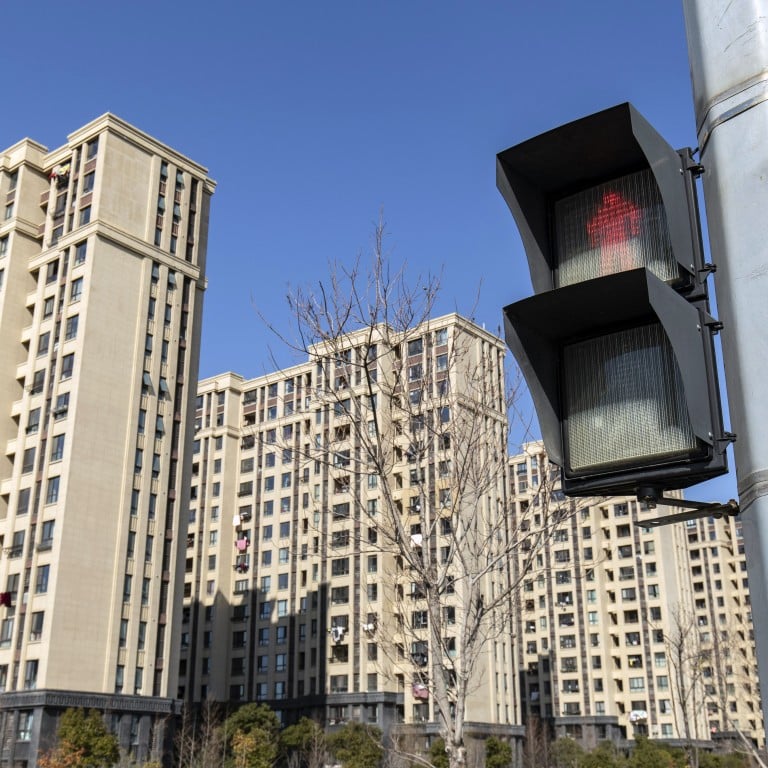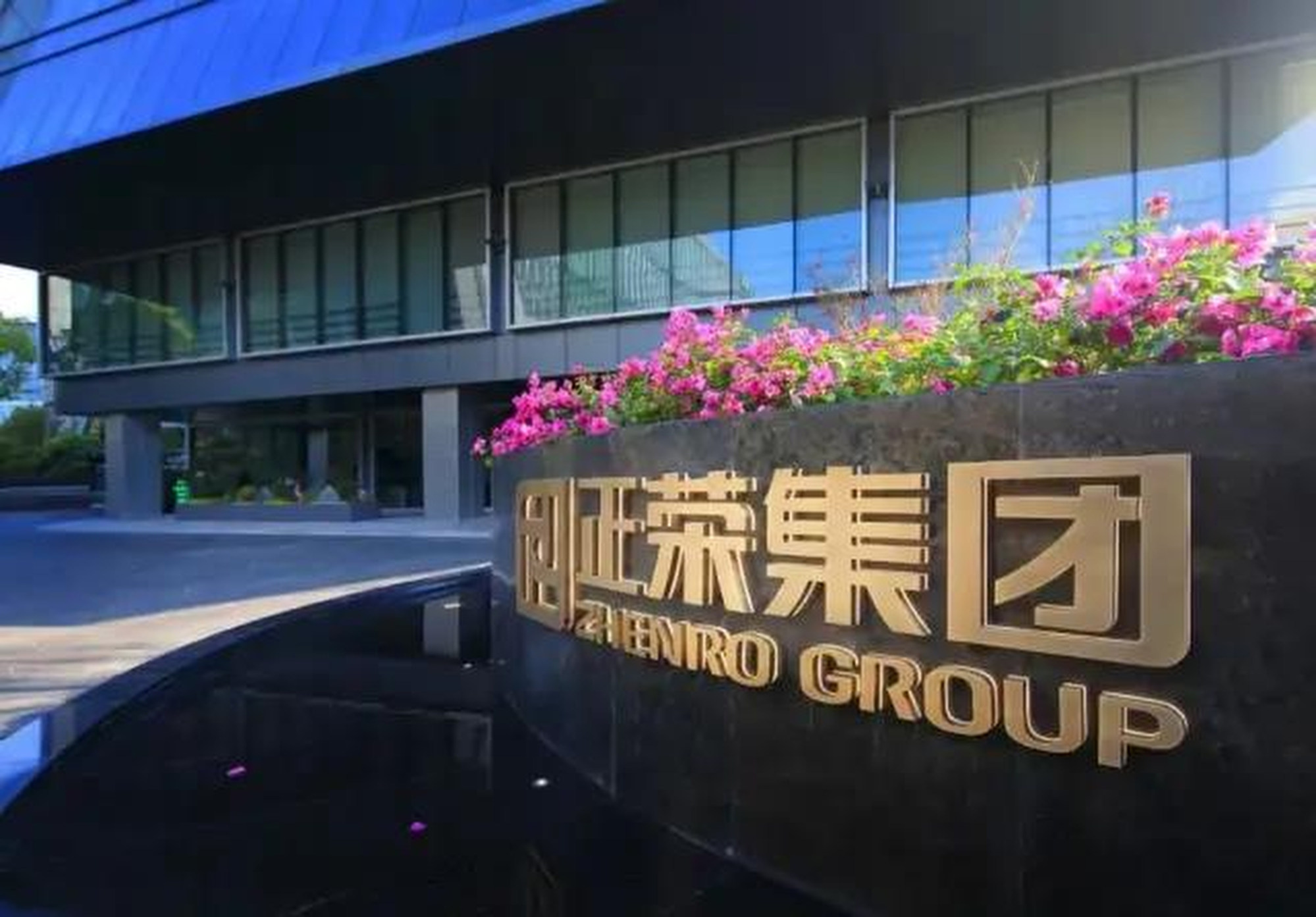
Indebted Chinese developer Zhenro asks to delay restructuring amid ‘strained’ conditions, Ping An unit’s lawsuit threat
- Shanghai-based developer, facing 61.86 billion yuan (US$8.5 billion) in debts, says it needs more time to consider restructuring plan
- A unit of Ping An Insurance Group says it is suing Zhenro in connection with a property-linked trust product worth US$106 million
Defaulted Chinese developer Zhenro Properties Group is seeking to postpone a restructuring plan as its liquidity woes continue amid slumping sales, slow asset disposal and the threat of a lawsuit from Ping An Insurance Group over a property-linked trust.
Zhenro plans to delay the implementation of a restructuring agreement and is seeking to vacate a May 2 Hong Kong court hearing related to it, the company said in a filing with the Hong Kong stock exchange late on Thursday.
The Shanghai-headquartered developer said it needs more time to consider the agreement in light of a “strained operating and funding environment” due to slumping contracted sales and slower asset disposal in the country’s property sector.
“The company requires more time to consider whether the commercial terms as currently presented in the [agreement] remain the appropriate solution to the group’s offshore indebtedness in order to secure a sustainable and viable business for the company in the long-term,” it said.

Zhenro’s move came on the same day that a unit of Ping An Insurance Group, China’s largest insurer by market value, delayed repayment for a property-linked trust product worth 772.4 million yuan (US$106 million). Ping An cited the country’s property woes for the delay in payment and said it would be suing Zhenro, in which it invested.
Zhenro did not respond to a request for comment.
“The company and its advisers will continue to work on reaching a feasible outcome on the holistic restructuring of the offshore debts of the company that can secure the sustainable operations of the group for the benefit of all stakeholders,” Zhenro’s filing said.
The developer reported a net loss of 8.5 billion yuan for 2023, 34 per cent narrower than its 2022 loss, as revenue increased 50 per cent to 38.8 billion yuan. However, contracted sales in 2023 plunged 54 per cent on the year to 15.4 billion yuan.
Embattled Shimao faces rare winding-up petition from Chinese state-owned bank
Shares in the company fell more than 8 per cent to HK$0.045 in Hong Kong on Friday. The stock has halved in value this year.
Nationwide, the housing market crisis continues to linger. Sales in March among the top 100 developers fell 45.8 per cent year on year, according to China Real Estate Information Corporation (CRIC). Contracted sales for the first quarter plunged 47.5 per cent year on year to 779.2 billion yuan. Contracted sales in March jumped 92.8 per cent compared with February, CRIC said, but February’s sales were low because of the Lunar New Year holiday.

